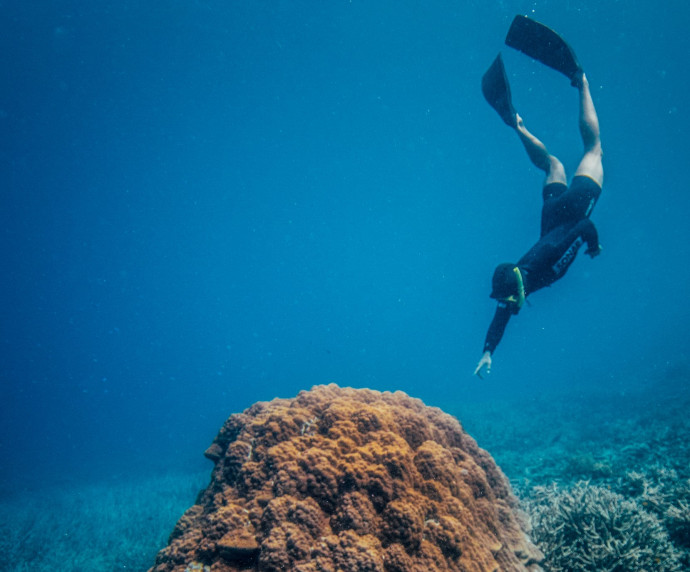Matthew Nitschke

2018: Dr Matthew Nitschke, Victoria University of Wellington, has been awarded a Rutherford Foundation postdoctoral fellowship for research entitled: “Molecular cartography of coral-symbiotic algae in 3D.”

Dr Matthew Nitschke (Photo:Supplied)
Tropical coral reefs, and the millions of people who depend on them, are under significant threat from human-driven climate change. Coral reef ecosystems are defined by the interactions between corals and their microscopic symbiotic partners, algae of the family Symbiodiniaceae. Symbiodiniacean algae are known as the ‘engines of the reef’ because they produce energy-rich sugars that enhance coral growth, powering the formation of entire coral reef structures. Our understanding of reef health was transformed by the discovery that partnership with diverse microalgal symbionts can protect corals from some negative impacts of climate change, such as elevated water temperatures. However, the complex ecology of symbiodiniacean species within individual corals remains a mystery.
With this fellowship, Dr Matthew Nitschke will examine the varied roles of symbiodiniaceans in corals through fieldwork in Pacific Island reefs. Dr Nitschke will produce molecular maps of symbiodiniacean diversity across coral landscapes and for the first time, map the distribution of sunlight and nutrients for symbiodiniacean growth in 3D. Dr Nitschke will be working across the fields of computer vision, optical modelling, molecular biology, and bioinformatics to uncover the key drivers that structure symbiodiniacean diversity across space.
The results will provide ecological knowledge toward more effective management and restoration of coral reefs in the Pacific region, including for the corals of Aotearoa New Zealand. The research will contribute to better protection of these valuable marine environments, and inform biodiversity conservation strategies for reefs globally.
